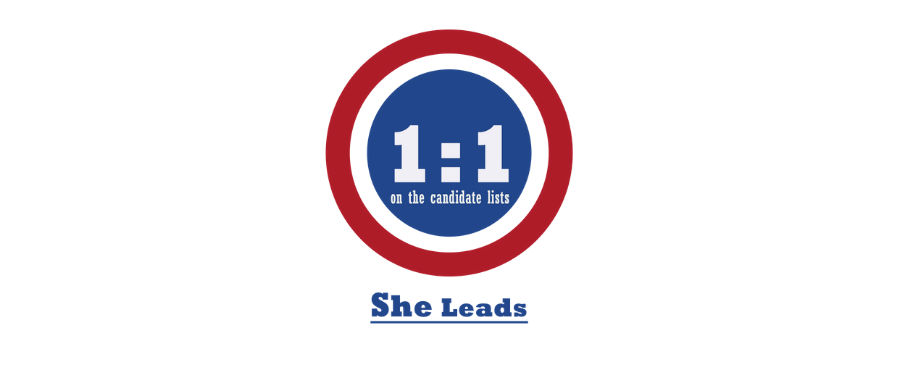Gender Parity Practice in Candidacy

In line with this year’s CSW65 theme of promoting women’s equality in decision-making, it is fundamental to adopt mechanisms aimed at delivering targeted outcomes. The best way to erode the current toxic masculinity mindset that creates the electoral candidacy lists is to unify voices that are demanding gender parity on candidate lists. This method was widely promoted by Tunisian women activists during the GEOM Tunisia 2014 pre-election observation mission.
With the world facing challenges of the COVID-19 pandemic throughout 2020, it found itself confronted by the siege on democracy right at the start of 2021. This rise in toxic masculinity sent instant shockwaves across the world, as we witnessed a once admired democracy being rocked to its very core. However, in response to this event, the global democratic community is bouncing back. It is not only that power is restored to Biden-Harris but it is also interesting to observe that the nations of Europe are alert to guarding their won democratic processes. At the national level, a historical achievement of women leadership has emerged on the Dutch party-politics scene recently, which is encouraging and it will have a long-lasting impact not only in Europe, but also beyond.
At this momentous juncture WE pledge our unwavering commitment to promote Gender Parity on Candidate Lists.
Having an equal chance to contest an election is only possible if equal chance for candidacy is applied. This parity on candidate list is the only way to bring more women at decision-making positions in governance.Not just to Kamala Harris and those 10 women whom lead Dutch political parties and other women leaders in the world, but all those who believe in gender indiscrimination must endorse #OnetoOne and #GenderParityinCandidacy
Support Een op Een in The Netherlands and help shape the world
Spread the word, change the world now!#CSW65, #verkiezingen2021
EenopEen
Promoting Gender Parity Practice in Candidacy
As noted inthe 2017 Gender Election Observation Missionconducted by Gender ConcernsInternationalin the 2017 elections,fewer women were elected to Parliament in comparison to 2012 to only 36 percent.
Women were largely underrepresented during the provincial and Waterboard elections (waterschapsverkiezingen) in 2019 as well – making up only 24.9 percent of candidates running in the Waterboard electionsand only one-third of the candidates of the provincial elections.
The Een op Een campaign highlights the underrepresentation of women candidacy in The Netherlands and the barriers that have led to this phenomenon. In particular, the role that toxic masculinity plays in supporting this spectacle and the current candidate listing practice by national political parties.This underrepresentation can be seen reoccurring in the higher positions in politics, such as throughout the candidates' list for the parliamentary elections and ministerial positions.
Part of the reason why women remain underrepresented is because of the hostile culture imposed by decades of toxic masculinity (e.g., seeing politics as a 'man's world', relegating women to lower positions in the political hierarchy, competitive, aggressive work culture, etc.), and the placing and listing of female candidates by political parties.